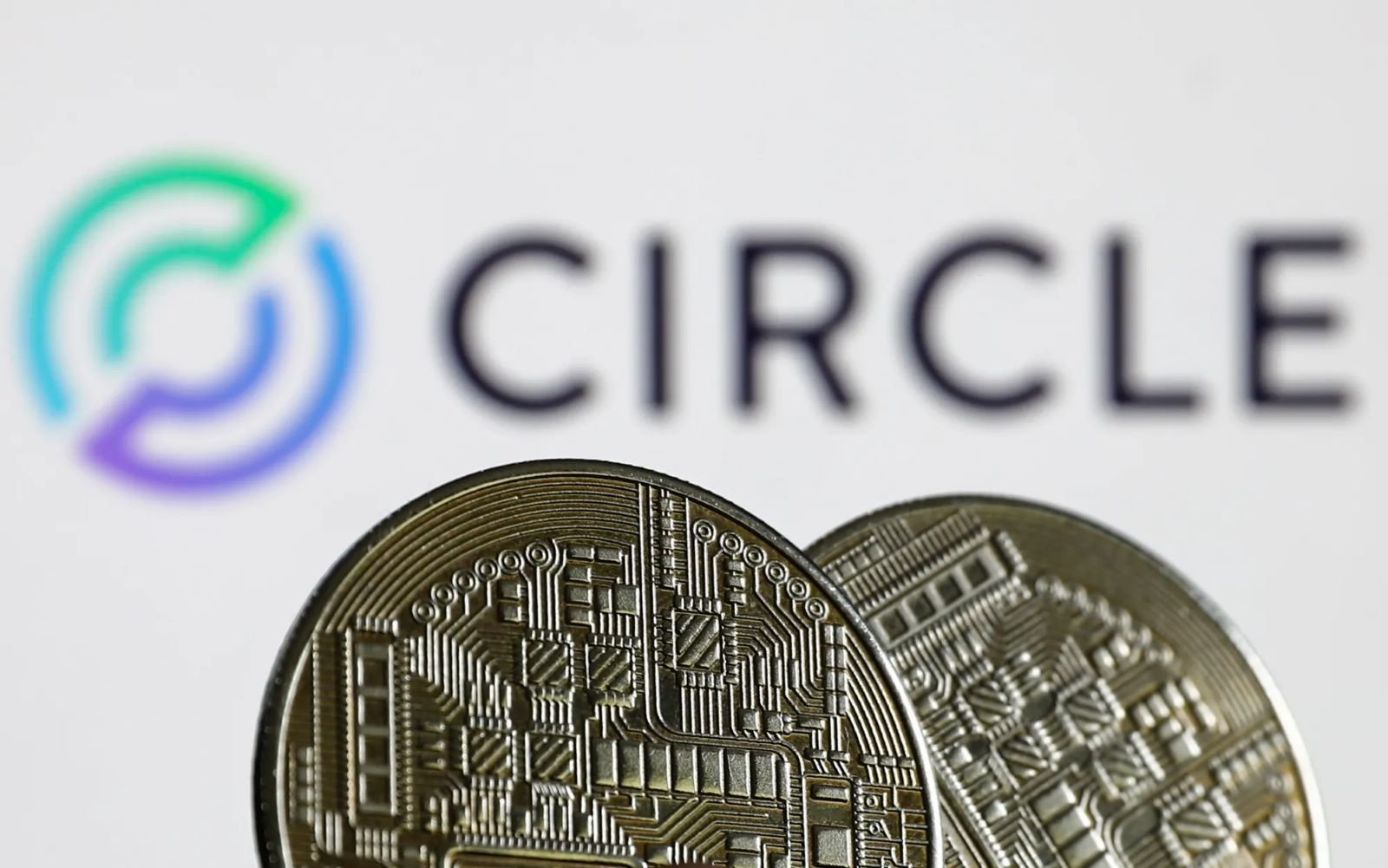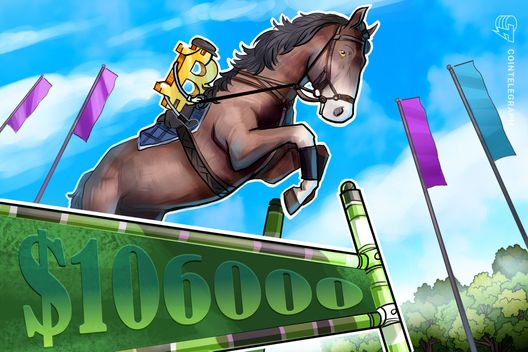ARTICLE AD BOX

- Circle Paymaster now supports EOA wallets, allowing gas fees to be paid in USDC without native tokens.
- The feature expands to seven major blockchains, including Ethereum, Arbitrum, and Polygon.
Who says crypto transactions have to be complicated? Circle has announced a major update to its Paymaster feature—and this time, it’s not just smart contract wallet users who can benefit.
Starting now, traditional wallets aka EOA (Externally Owned Accounts) can also use USDC to pay gas fees, without the hassle of setting up native tokens like ETH or MATIC. Imagine if you’re new to the Web3 world, and the only token you have is USDC. Usually, you still have to exchange it to a native token just to click “send.” Now? No more.
Circle Paymaster now supports EOAs and is expanding to 7 blockchains!
Paymaster is the official solution for paying gas fees in @USDC, eliminating the need to manage native tokens.
Now EOA wallets can enjoy streamlined onchain transactions.
What's New: EOA Support: Now… pic.twitter.com/pjegEFdpbo
EOA Support: Now… pic.twitter.com/pjegEFdpbo
— Circle (@circle) May 7, 2025
Not only that, but Paymaster is also expanding to seven major blockchains: Ethereum, Polygon PoS, Arbitrum, Base, OP Mainnet, Avalanche, and Unichain. So if you frequently switch networks, you can still enjoy this feature without any limitations.
All of this is made possible by the integration with EIP-7702 which gives EOA wallets additional flexibility—they can batch transactions, set permissions, and even operate like smart contracts in a single transaction. It feels like an upgrade without having to change wallets.
Circle Expands Beyond Wallets With Global and Regional Moves
On the other hand, Circle’s steps to expand its influence are not only through the Paymaster feature. CNF previously reported that Circle has also received in-principle approval from the Abu Dhabi Financial Services Regulatory Authority (ADGM), paving the way for it to operate as a money service provider in the Middle East.
At the same time, Circle has also partnered with Hub71—a technology ecosystem in Abu Dhabi—to support the growth of crypto and fintech startups in the region.
Furthermore, on April 21, 2025, Circle launched the Circle Payments Network (CPN), a global payment network that enables instant cross-border transactions using stablecoins such as USDC and EURC. This is not just a means of exchange, but also a connector between banks, institutions, and payment providers so that they can connect with each other without waiting for days for settlement.
Reject Acquisition, Choose IPO and Build New Partnerships
Interestingly, towards the end of April, news emerged that Ripple Labs had submitted an acquisition offer for Circle, with a value of between $4 and $5 billion.
However, this offer was rejected because it was considered too low. Circle seems to prefer the IPO route in the US rather than relinquishing control of the company. Perhaps they feel they are in a golden moment, and want to maximize growth potential independently.
Still at the end of April, Circle also announced a partnership with digital asset custodian company Copper. The goal? Expanding support for transaction settlement using USDC through Copper’s ClearLoop system. So, institutions can trade and settle transactions without moving assets to the exchange, because everything is done in a secure custody system.
.png)
 1 month ago
2
1 month ago
2








 English (US)
English (US)